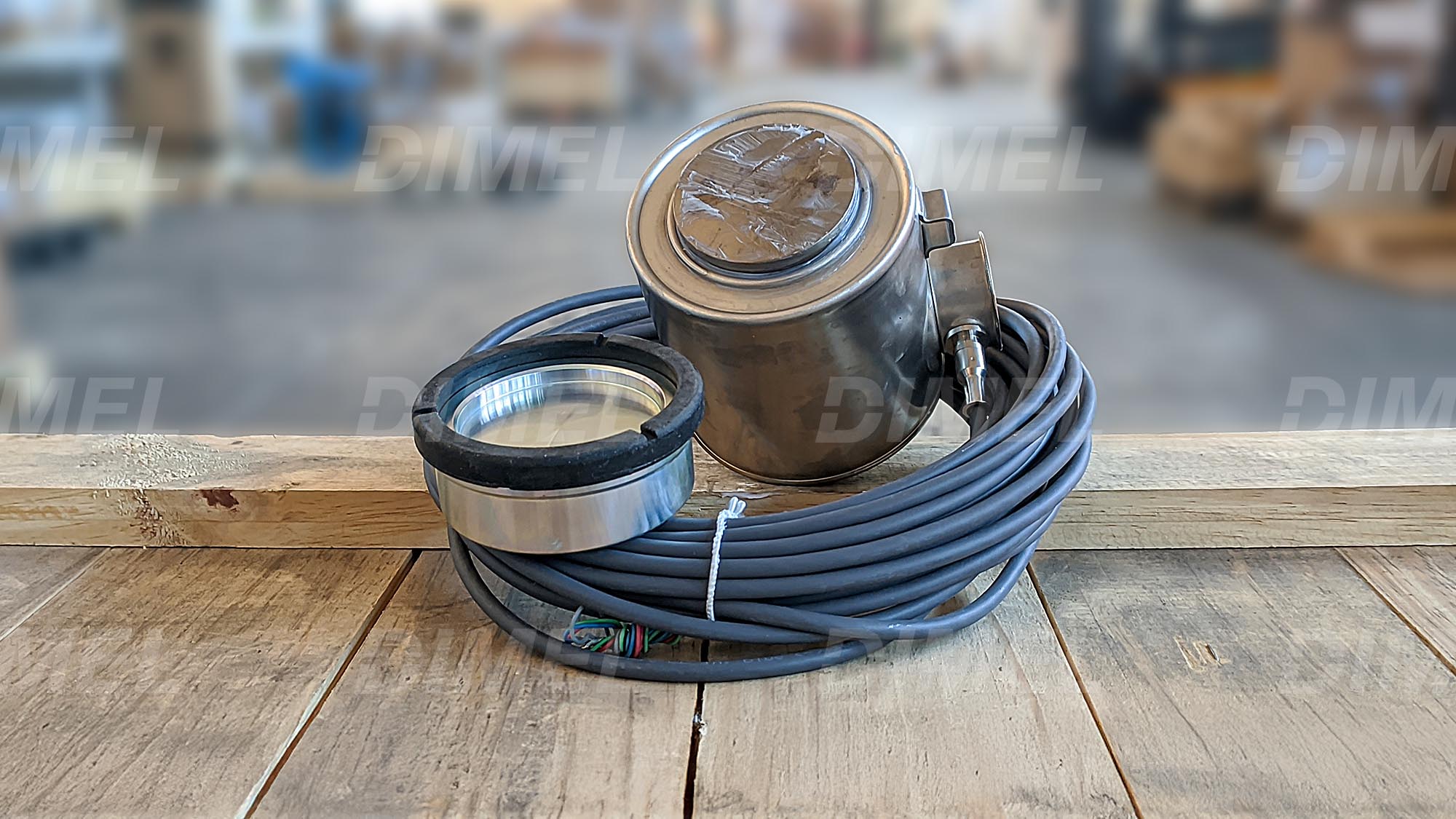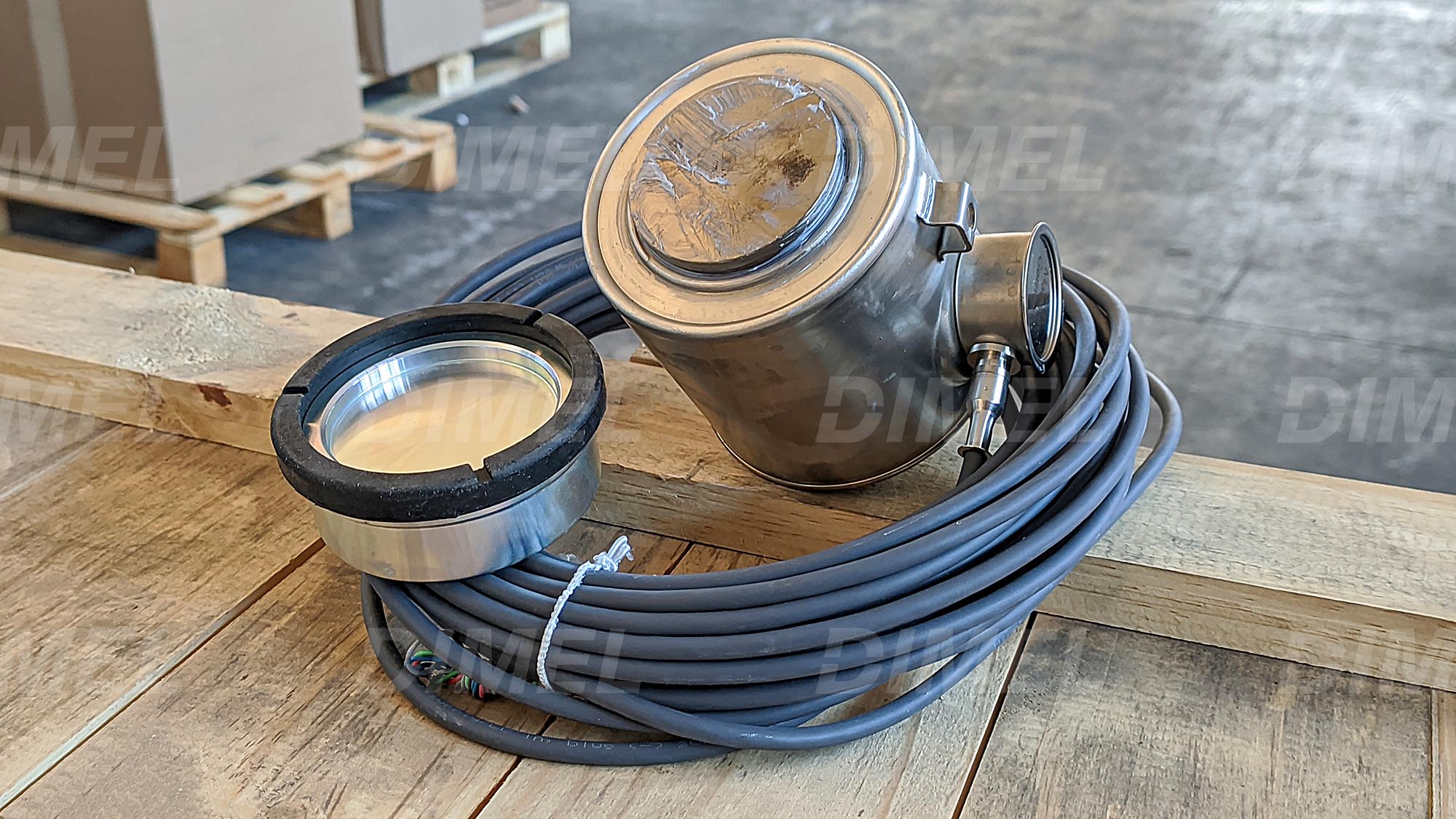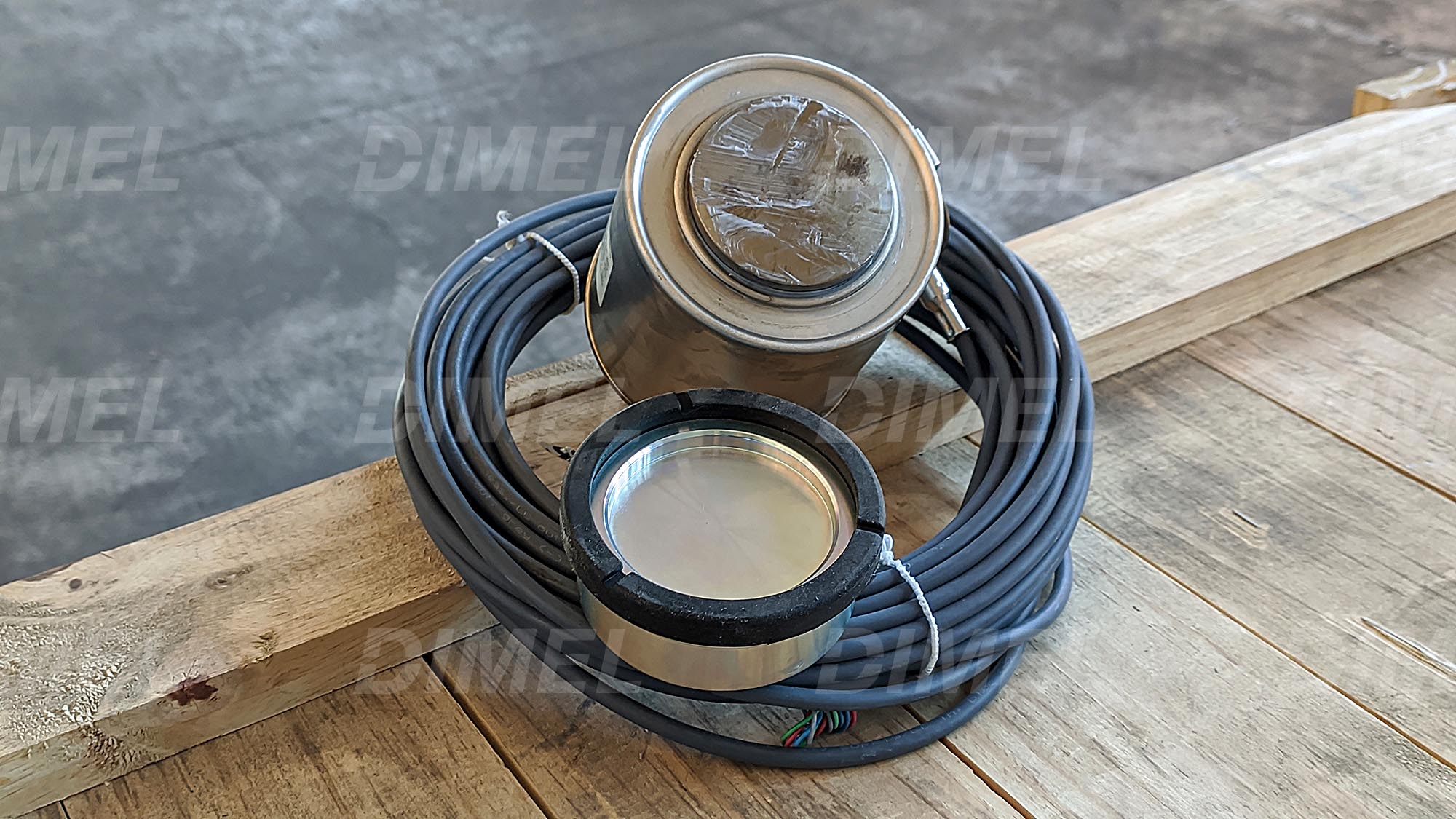Load Cell: Technology and Applications
The load cell is a fundamental instrument for measuring weight and force in various industrial and scientific fields. Used in scales, automated weighing systems, and industrial processes, the load cell is an essential component for ensuring precision and reliability in weighing operations. In this article, we will explore the basic technology of load cells, their most common applications, and the advantages they offer.
Technology of Load Cells
A load cell is a transducer that converts a mechanical force into a measurable electrical signal. The principle of operation of load cells is based on the elastic deformation of a material subjected to a load. When an object is placed on a load cell, the applied force causes a deformation in the cell, which is measured by a strain gauge. Strain gauges are devices that detect changes in electrical resistance caused by the deformation of the material.
There are several types of load cells, each designed for specific applications. The most common are the tension, compression, bending, and torsion load cells. Tension and compression load cells are the most widely used as they can measure incoming or outgoing loads on a surface.
Applications of Load Cells
Load cells are widely used in a variety of industrial applications. In the weighing sector, load cells are the heart of the weighing device. Specifically, they are used in industrial scales to weigh materials and products in both production and storage environments. Load cells are also essential for automated weighing systems, used to monitor the amount of material passing through a production line.
In the logistics and transportation sector, load cells are used to monitor the weight of vehicles, ensuring they do not exceed the allowed weight limits. In the food industry, load cells are used to weigh ingredients and finished products, ensuring production meets quality and safety standards.
Load cells are also used in research and testing applications, such as in material testing labs, where they are used to measure forces applied to samples in resistance and deformation experiments.
Advantages of Load Cells
One of the main advantages of load cells is their high precision. Due to their ability to measure forces extremely accurately, load cells provide precise and repeatable measurements. Additionally, these cells are robust and durable, ensuring a long operational life even in tough industrial conditions.
Load cells are also versatile, as they can be used in a wide range of applications, from laboratory use to industrial settings. Their ability to adapt to various working conditions makes them an ideal choice for numerous industries.
Another advantage of load cells is their ease of integration with other control and monitoring systems. For example, they can be connected to computers and automation systems to create fully automated weighing systems, improving efficiency and reducing the need for human intervention.
In conclusion, load cells are essential instruments for ensuring precise and reliable measurements in numerous industrial and scientific applications. Their advanced technology and versatility make them an ideal choice for applications that require high precision and reliability.
Technology of Load Cells
A load cell is a transducer that converts a mechanical force into a measurable electrical signal. The principle of operation of load cells is based on the elastic deformation of a material subjected to a load. When an object is placed on a load cell, the applied force causes a deformation in the cell, which is measured by a strain gauge. Strain gauges are devices that detect changes in electrical resistance caused by the deformation of the material.
There are several types of load cells, each designed for specific applications. The most common are the tension, compression, bending, and torsion load cells. Tension and compression load cells are the most widely used as they can measure incoming or outgoing loads on a surface.
Applications of Load Cells
Load cells are widely used in a variety of industrial applications. In the weighing sector, load cells are the heart of the weighing device. Specifically, they are used in industrial scales to weigh materials and products in both production and storage environments. Load cells are also essential for automated weighing systems, used to monitor the amount of material passing through a production line.
In the logistics and transportation sector, load cells are used to monitor the weight of vehicles, ensuring they do not exceed the allowed weight limits. In the food industry, load cells are used to weigh ingredients and finished products, ensuring production meets quality and safety standards.
Load cells are also used in research and testing applications, such as in material testing labs, where they are used to measure forces applied to samples in resistance and deformation experiments.
Advantages of Load Cells
One of the main advantages of load cells is their high precision. Due to their ability to measure forces extremely accurately, load cells provide precise and repeatable measurements. Additionally, these cells are robust and durable, ensuring a long operational life even in tough industrial conditions.
Load cells are also versatile, as they can be used in a wide range of applications, from laboratory use to industrial settings. Their ability to adapt to various working conditions makes them an ideal choice for numerous industries.
Another advantage of load cells is their ease of integration with other control and monitoring systems. For example, they can be connected to computers and automation systems to create fully automated weighing systems, improving efficiency and reducing the need for human intervention.
In conclusion, load cells are essential instruments for ensuring precise and reliable measurements in numerous industrial and scientific applications. Their advanced technology and versatility make them an ideal choice for applications that require high precision and reliability.




